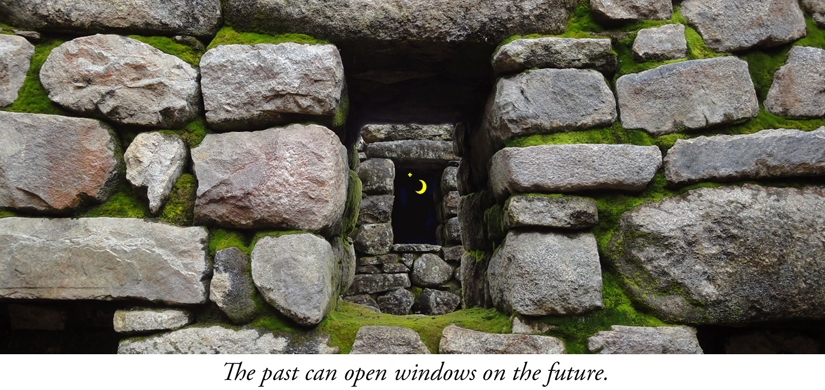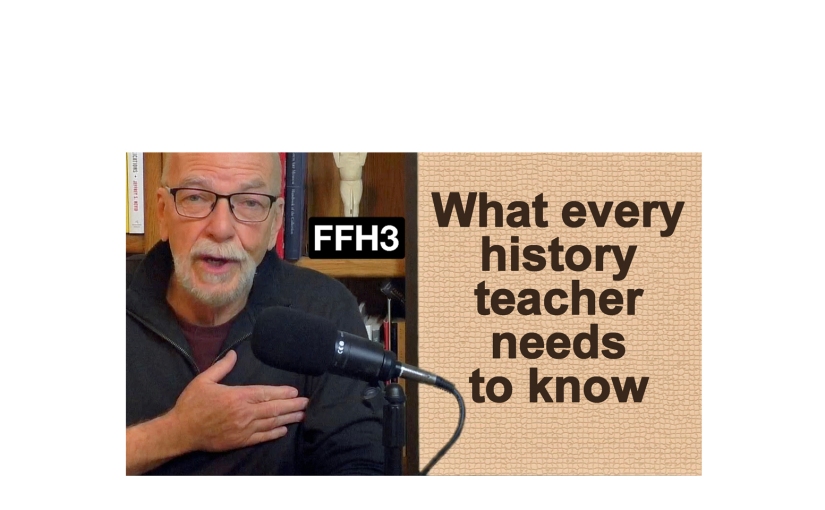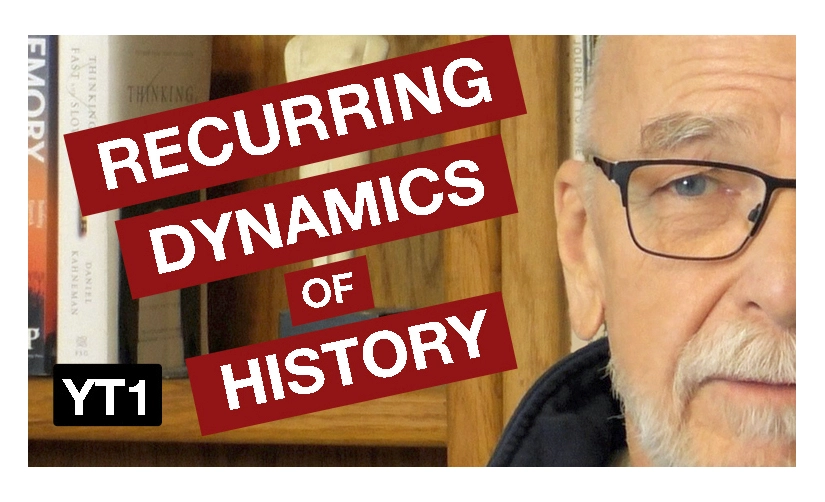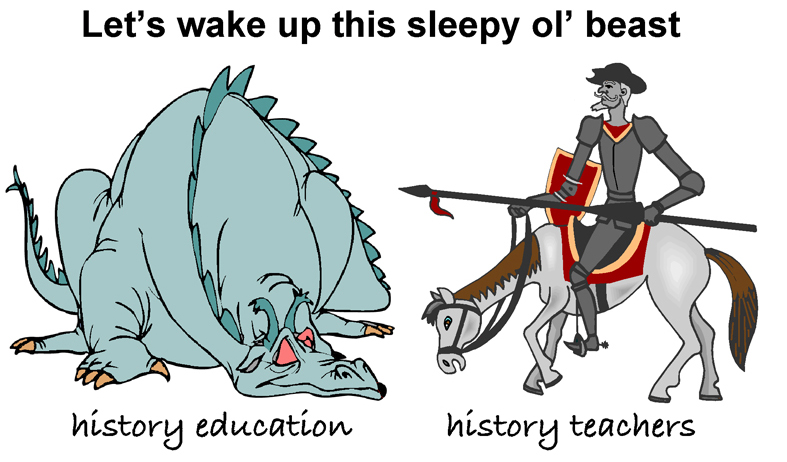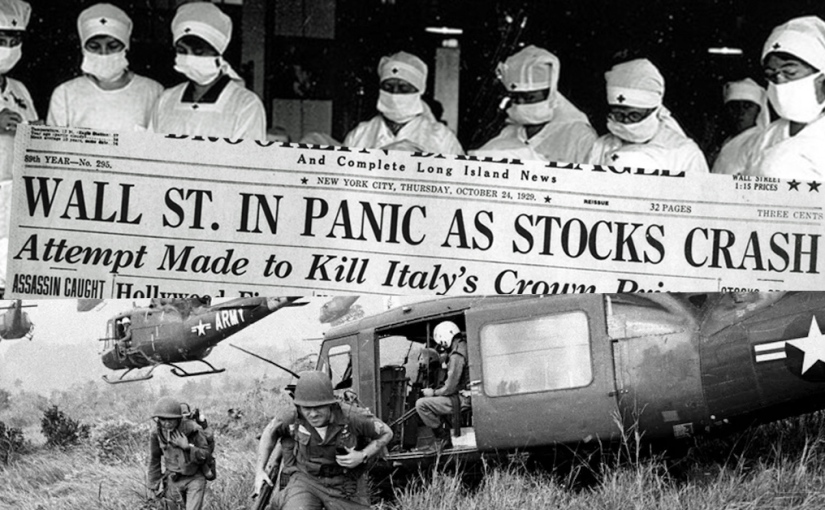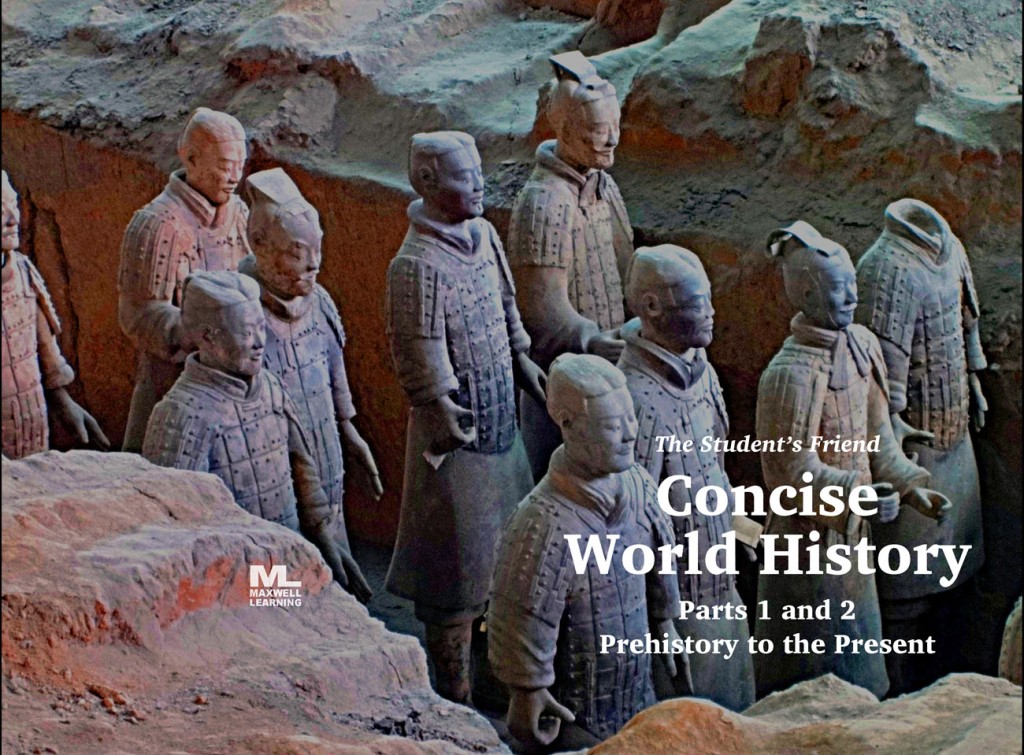LATEST: “Six Things Every History Teacher Needs to Know…But Isn’t Told.” Newest addition to the FFH Video series. click here
RECENT: Recurring Dynamics of History sample teaching module: “Democracy is Fragile: It Has Repeatedly Fallen to Authoritarian Rulers.” click here.
Future-Focused History is the commonsense idea that knowledge from the past can inform judgment in the future, an idea that goes back at least twenty-four centuries to the time of Thucydides in Greece and Sun Tzu in China.
Future-Focused History education calls on history teachers to take charge of history schooling and restore the power of historical learning.
To learn more, to follow this blog, or to join the cause, see the the menu at left—on smart phones the three bars at the top of the page. (Click on the small arrows to expand the menu.) Your comments and contributions are welcome here.

